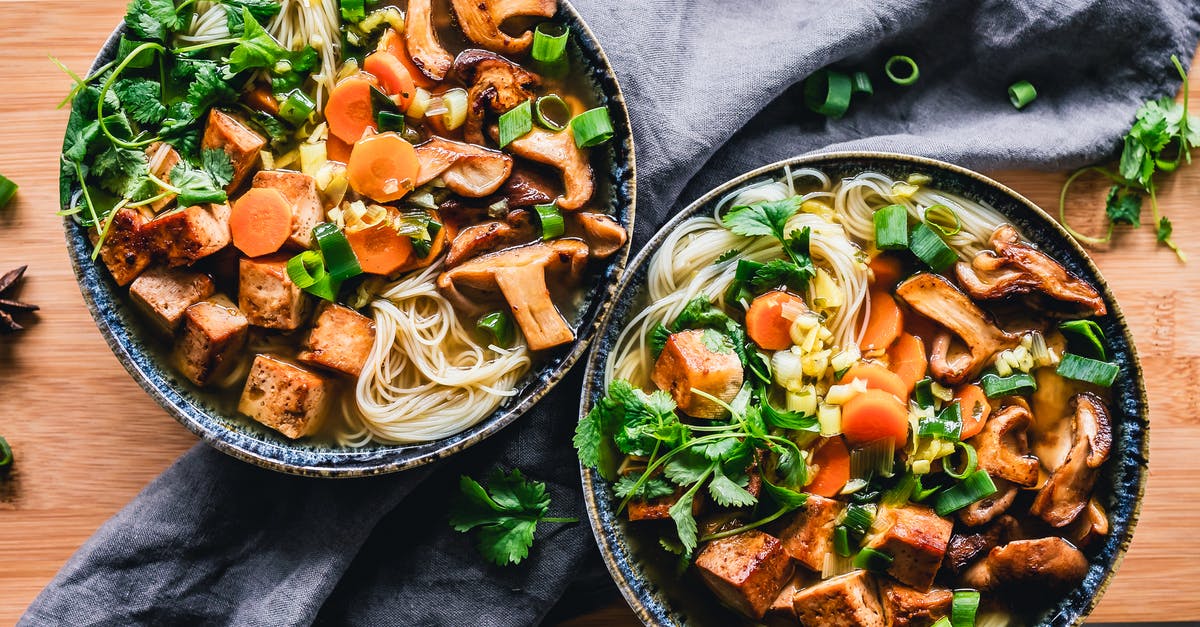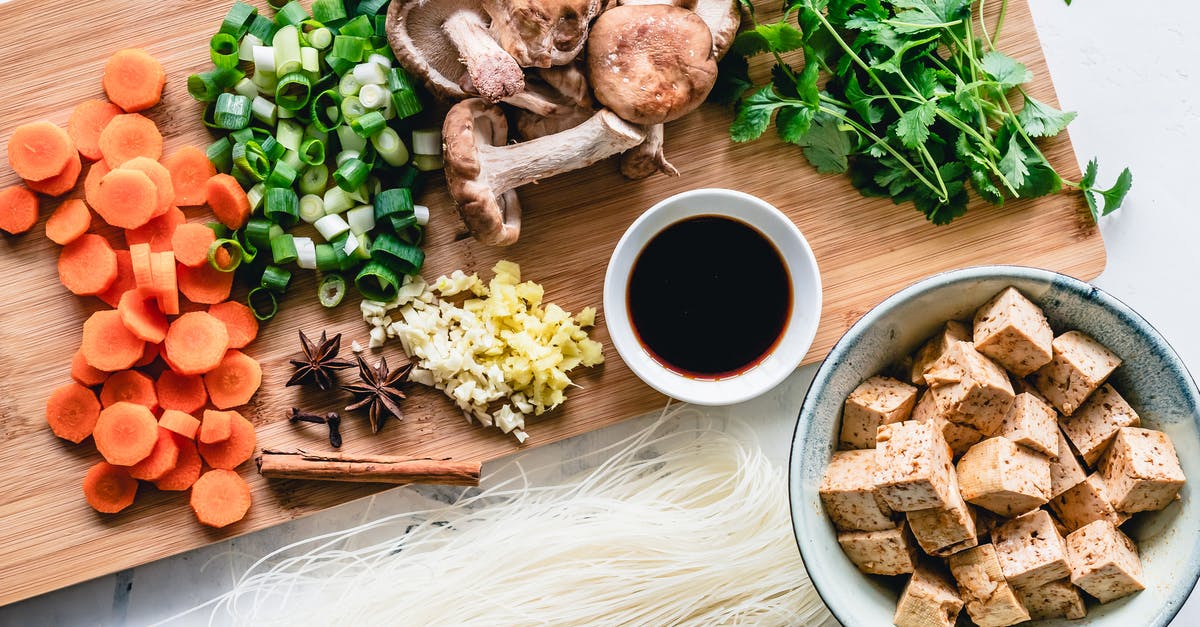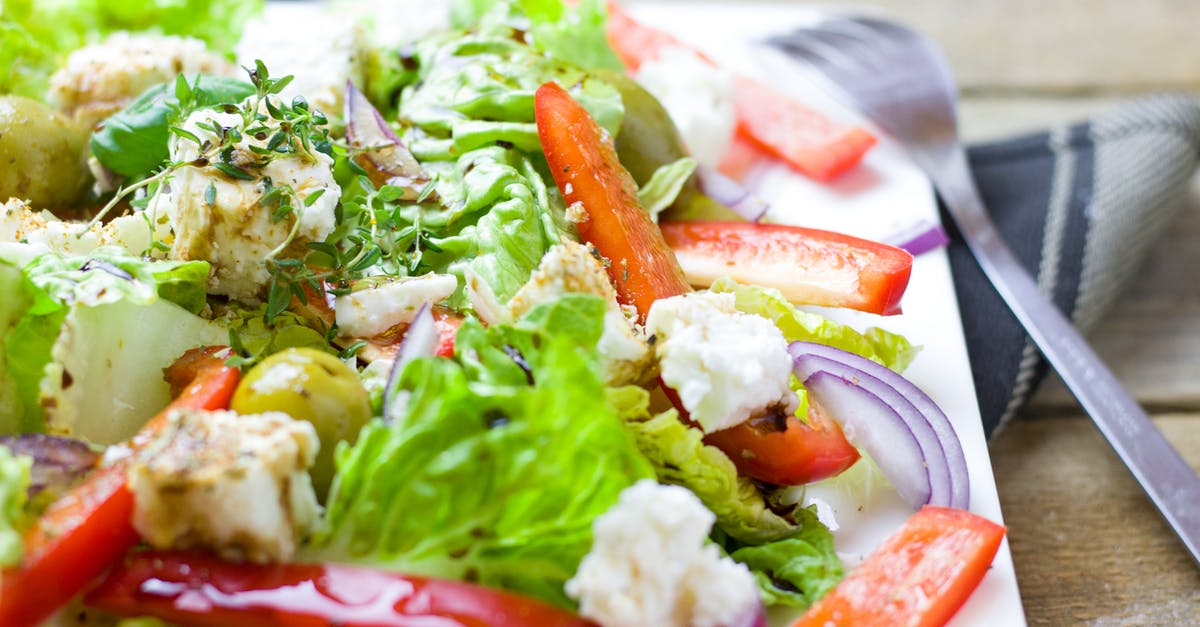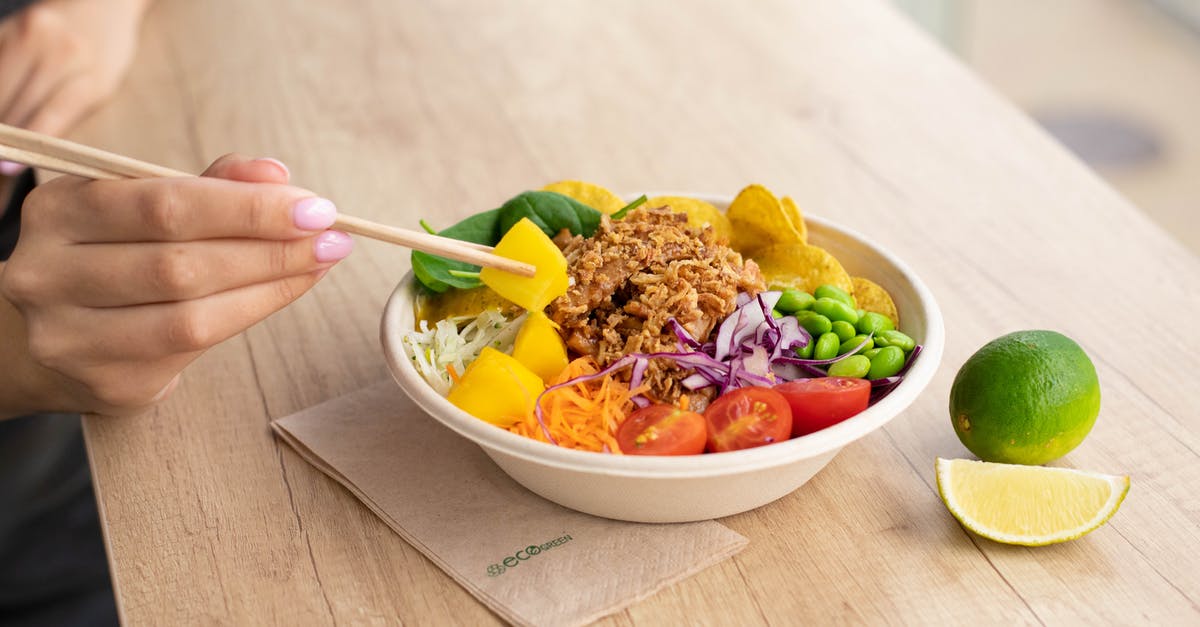Coagulants for Tofu or else

I'm new when it comes to vegan cooking and until recently began experimenting and researching with regards to the commonly used or appropiate coagulants whether acid or salt based to best make my own crafted tofu.
So I've got the following questions:
Is calcium sulfate dihydrate the same as the regular calcium sulfate, also known as Gypsum used for food processing?
On the other hand, are all of the following coagulants safe to be used for culinary purposes per se, meaning as simply getting the chemical with the stablished name from a supplier without it having any additional variations such as the "dihydrate" form explained above, or do they require to have a "Food grade" stamp or "for culinary use" tag necessarily?
-Calcium Sulfate.
-Magnesium Sulfate "Epsom Salt".
-Magnesium Chloride (In this case if it also needs to be branded as "Nigari/Bittern").
-Calcium Chloride.
And finally if you could please please clear out which are animal sourced and which are plant derived or if they are all synthetic. That would be really helpfull.
Thankyou deeply.
Best Answer
To add to @moscafj's answer:
There is a saying "There's no such thing as poison, there's only dose". If you take too much of anything, it can be hazardous to your health or wellbeing. Your body needs both calcium and magnesium to function properly, but taking too much can cause you issues as well.
Calcium chloride and magnesium chloride can cause burns if ingested as a solid,or if touched with wet hands while in the powder form, as well as "gastric distress, and vomiting". These mostly taste like ordinary table salt (sodium chloride), and calcium chloride is often used to replace the sodium in "low sodium" foods. These salts are hygroscopic and will absorb water from the air rapidly unless kept tightly sealed.
Magnesium sulfate is used to treat a range of health problems, including constipation, but too much can also result in hypocalcaemia (low blood calcium) and resulting depression of heart function. MgSO4 is also bitter and unpalatable, but that doesn't stop people drinking it.
The chemical forms of these various compounds don't matter at all unless you happen to be into chemistry and are working out something quantitative in terms of molecular amounts or Moles as they are known. If you see a term containing the word hydrate, this means water of crystallization, which is a chemistry term for the naturally occurring amount of water that is found in the crystalline form. The exact number of water molecules associated with each molecule of the chemical is indicated by the prefix, which might be mono (1), di (2), or a number of other prefixes and varies according to the chemical and which forms it can take. For cooking purposes the hydrate form is the same as anhydrous (without water), though the anhydrous is often more expensive and will usually absorb water from the air rapidly to form the hydrate.
Pictures about "Coagulants for Tofu or else"



Quick Answer about "Coagulants for Tofu or else"
Calcium sulfate was found to be the most suitable coagulant for tofu making in terms of its high yield, retention of maximum amount of isoflavones and in obtaining a firm, but not hard texture of tofu.What can I use to coagulate tofu?
Gypsum, also called calcium sulfate, is the most widely used coagulant in making tofu. You'll often find calcium sulfate in tofu incredibly inexpensive to make, as it's mined from geological deposits and requires no extra refining.What is the best coagulant for Taho?
Common coagulants mentioned for making Tofu are calcium sulfate (gypsum), magnesium chloride (nigari), and delta gluconolactone (GDL). But the most practical one I found is using Epsom salt from this post on how to make silken tofu.Is nigari a coagulant?
Nigari is the traditional Japanese ingredient used to coagulate soymilk to make tofu. INCLUDES: 12 ounces of the Natural Japanese Tofu Coagulant Magnesium Chloride, also called "Bittern." Enough to make UP TO 75 POUNDS OF TOFU!Can I use alum as coagulant for tofu?
Although alum was able to coagulate soy protein rapidly, yield of alum coagulated tofu was low compared to calcium sulphate, lemon juice and fermented maize coagulated tofu (Obatolu, 2008) .SILKEN TOFU RECIPE! | NIGARI VS. GYPSUM
More answers regarding coagulants for Tofu or else
Answer 2
These are all inorganic compounds that are salts. They are not derived from animals or plants. Calcium chloride poses some safety hazards, as does magnesium chloride. I wouldn't use those. Calcium sulfate is used in the food industry for anti-caking purposes. When I began making tofu, I just went down to the local chain pharmacy and picked up a bag of epsom salts (magnesium sulfate). You generally use a small amount. I am sure the bag I have is the same one I started with a few years ago. It does the job well.
Sources: Stack Exchange - This article follows the attribution requirements of Stack Exchange and is licensed under CC BY-SA 3.0.
Images: Ella Olsson, Ella Olsson, Pixabay, Valeria Boltneva
